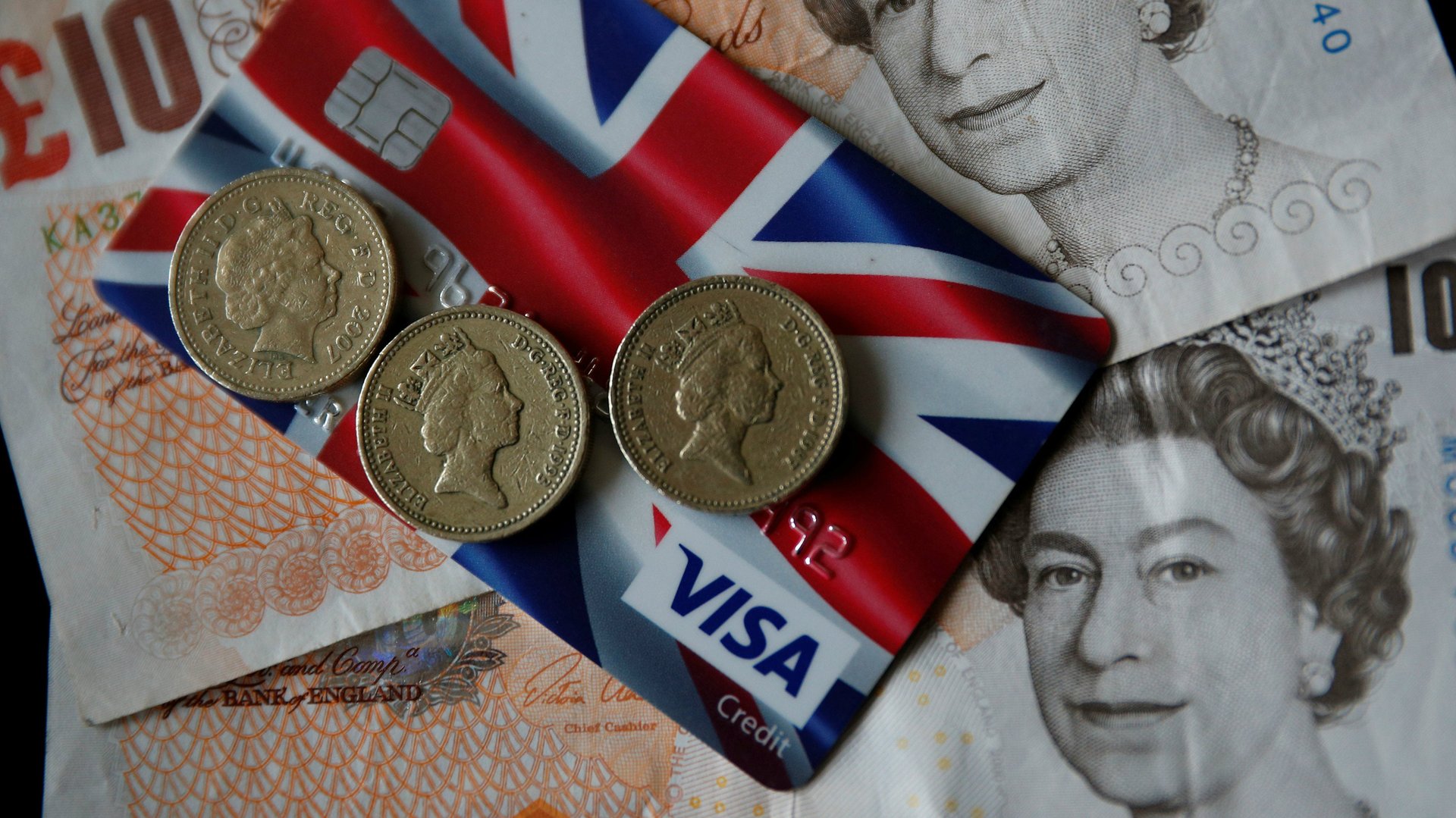The big Visa disruption highlights the risks of our electronic payment future
Visa card payment failures have spread across Europe, frustrating shoppers and travelers who were advised to seek out cash—or use Mastercard’s service. The network disruption, while just an annoyance for some, highlights the risks inherent in a global economy that increasingly relies on electronic payments for just about everything.


Visa card payment failures have spread across Europe, frustrating shoppers and travelers who were advised to seek out cash—or use Mastercard’s service. The network disruption, while just an annoyance for some, highlights the risks inherent in a global economy that increasingly relies on electronic payments for just about everything.
A Visa spokesperson confirmed the outage today (June 1) and said the company is investigating the cause while trying to resolve it “as quickly as possible.” In the meantime, some ATM machines in the UK were running out of money as people rushed to withdraw cash, according to the Financial Times (paywall), which noted that more than 95% of debit cards in Britain run on Visa’s network
The market for global payment cards is dominated by China’s UnionPay, Visa, and Mastercard, according to research and consulting firm RBR (pdf). Visa, which acquired Visa Europe in 2016, is a vital backbone for payments in the UK and the rest of Europe. The Foster City, California-based firm handled $7.3 trillion in transactions around the world in 2017, a 40% increase from the year before.
The big companies that operate the major payments rails are hoping to scoop up more business as consumers increasingly pay for things digitally. While notes and bills and coins are still widely used, global digital payment volume in 2017 exceeded cash for the first time, according to Visa’s annual report. Companies are also hoping, thanks to the proliferation of mobile phones, that many of the world’s 1.7 billion unbanked people will be bought into the formal financial system (and become customers).
That has government watchdogs, banks, and consumers watching Visa’s disruption closely. While some countries, notably Germany, are still enamored with cash, much of Europe has gone digital, making it something of a laboratory for this transition. Sweden is on pace to become effectively “cashless” in five years, while the value of card payments is more than 40% of gross domestic product (pdf) in the UK.
Policy makers are debating how to make electronic systems more robust, while also trying to assess the threshold at which the total number of digital payments become too many digital payments. Sweden’s central bank, for example, is considering an e-krona (pdf), but points out that this wouldn’t mean abolishing notes and bills.
A decentralized network, resembling the encrypted ledger system behind bitcoin, could potentially provide a useful redundancy against failure. Even that, assuming the system could be build to handle the volume of speedy payments Visa already provides for, would be vulnerable to power outages and major disasters. These types of problems suggest that cold hard cash will be with us for a good while longer.